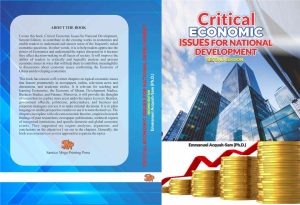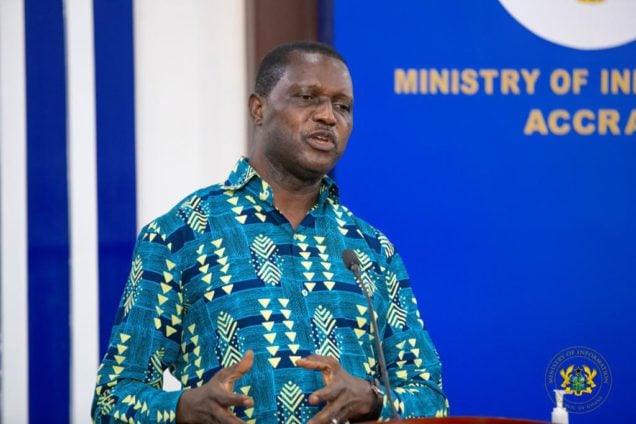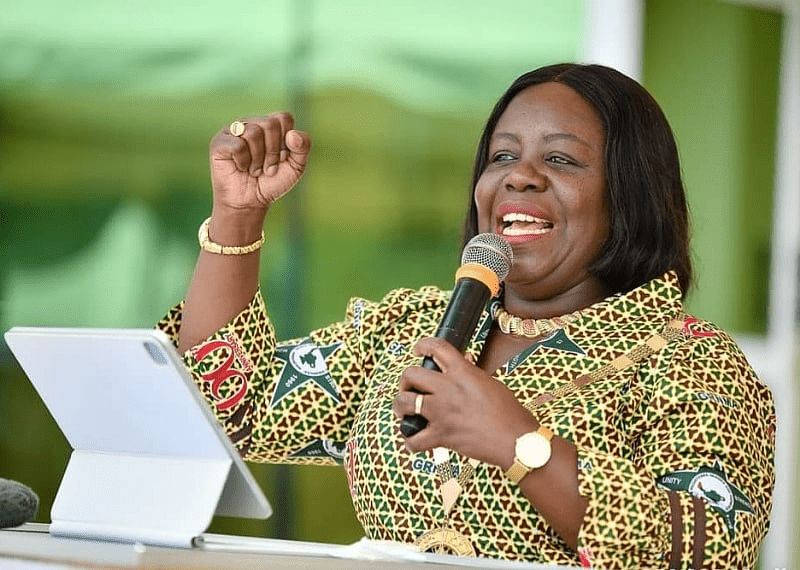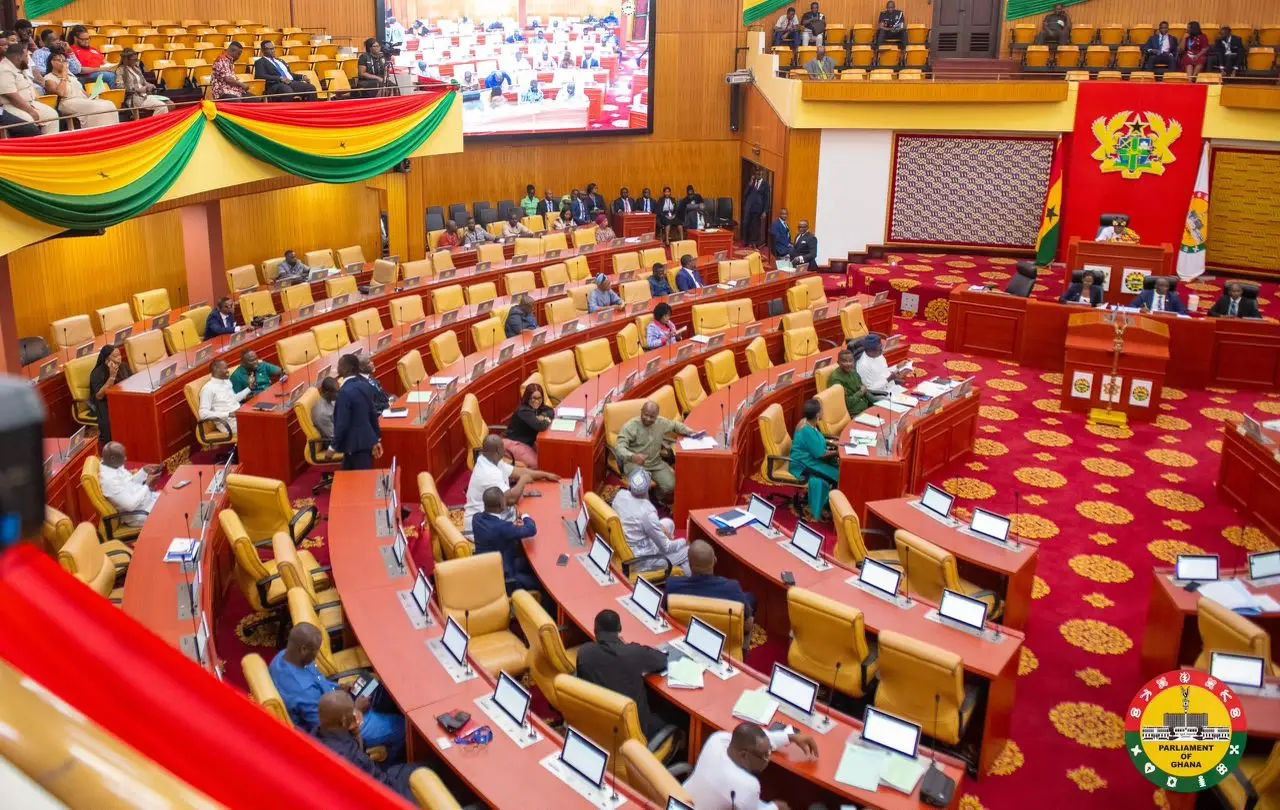
By Emmanuel ACQUAH-SAM (PhD)
On March 25, 2025,John Dramani Mahama, received petitions calling for the removal of Chief Justice Gertrude Torkornoo.
This led to her official suspension on April 22, 2025, and the establishment of an inquiry committee to investigate the matter. Since then, public debate has taken many forms, with individuals and organisations weighing in on what this case could mean for the Chief Justice, the political landscape, and the future of Ghana’s legal system.
In response, Justice Gertrude Torkornoo held a press briefing on Wednesday, June 25, 2025, raising serious concerns about her perceived blatant disregard for constitutional due process and natural justice by the committee handling her case.
She warned that allowing such breaches to stand could erode judicial independence and open the door to future political interference in Ghana’s legal institutions.
Some sections of the public and legal entities have expressed sympathy for the Chief Justice and criticised the president’s actions. On the other hand, many legal minds who support the president’s decision to investigate the petitions have criticised the Chief Justice’s press briefing. They have reminded the public of her previous statement: “The Law is the Law.” They argue that if the law is truly the law, she must allow the process to unfold, regardless of the outcome.
This phrase, “The Law is the Law”, has been repeated with almost sacred reverence in the ongoing discussions and many judicial judgments. Ironically, many argue that those who once upheld it as gospel truth now find themselves at the receiving end of the very system they helped enforce.
Every Citizen Has a Stake in the Law
Though I am not a lawyer, I feel morally justified in joining this conversation. When “the law” itself is on trial, whether through judicial conduct, court rulings, or institutional actions, every citizen has the right to speak, within the bounds of respect and legality. In a democracy and the era of the practice of the principles of accountability and freedom of speech, the law is not the exclusive property of lawyers, judges, or politicians. It belongs to all of usWhat Does “The Law Is the Law” Really Mean?
At first glance, it seems to me that the phrase “The law is the law” – legal absolutism, seems harmless and noble. It conveys the idea that the law is objective, firm, impartial, and above personal interests. It suggests that no one is above the law and that justice applies equally to all.
But reality tells a different story about “The law is the law”. My research around the phrase reveals that sometimes it has been used in various circumstances to suppress critical thinking, excuse injustice, and apply the law selectively, particularly in the enforcement of politically sensitive laws such as those on sedition. In some cases, it reflects the power behind the law rather than any moral principle.
Five Reasons Why This Phrase Must Be Re-Examined
I offer four reasons why the phrase “The law is the law” should be interrogated carefully.
- Laws can outlive their relevance: No law is eternal. Laws are products of their time, shaped by historical, cultural, political, and economic circumstances. When those circumstances change, the law may become outdated, irrelevant, or even oppressive. As the biblical teaching goes: “The Sabbath was made for man, not man for the Sabbath” (Mark 2:27, Holy Bible, NIV). Great thinkers like John Locke, Rousseau, and Jefferson echoed this idea: laws and governments exist to serve people, not the other way around. When laws no longer serve justice, they must be reformed or abolished.
- The law can be a political weapon: Laws are not only about what is written, but also about how they are interpreted, enforced, and upon whom they are applied. Selective enforcement of the law, punishing political opponents while shielding allies, turns the legal system into a tool of political power. Quoting “the law is the law” without questioning fairness or consistency allows injustice to masquerade as legality.
- Supreme courts exist because the law is not always clear: If the law were self-evident or explanatory and unchanging, we would not need supreme courts, courts of interpretation, constitutional reforms, or judicial reviews. The fact that judges often disagree and laws require interpretation shows that the law is not a rigid formula like a mathematical equation. It is a living system that must tilt toward fairness and equity – the gavel can tilt wrongly.
- The law sometimes punishes the innocent and frees the guilty: Perhaps the most troubling reason to challenge blind faith in the law is that innocent people have been wrongfully punished while guilty individuals have walked free. Across the world, wrongful convictions overturned by DNA evidence or judicial reviews have exposed the weakness of legal systems.
- The law can be confronted by injustice: Laws are not infallible; they can be confronted and reshaped when they perpetuate injustice. When law clashes with justice, even God has been portrayed as willing to change His position. In the Bible, the daughters of Zelophehad courageously challenged a divine inheritance law that excluded women from property rights. In response, God instructed Moses to amend the law in their favour, affirming the principle of fairness and equality (Numbers 27). If even divine law can evolve in the face of injustice, then human legal systems must likewise remain open to reform. Ensuring that the pursuit of justice always takes precedence over rigid adherence to outdated rules.
The Law Must Serve Justice, Not Just Power
The law not only reflects the written letters, but also its interpretation and enforcement. Many a time, “The law is the law” is used to shut down debate. But the law should never be worshipped as an unchallengeable idol. It must always be open to scrutiny, interpretation, and reform. Without justice, the law is merely power dressed in robes.
As we reflect on the legal processes unfolding in Ghana, whether the suspension of Chief Justice Torkornoo, high-profile prosecutions, or judicial controversies, let us remember this: the law is not infallible. It is a tool that must be used wisely, justly, and humanely. Otherwise, it risks becoming a weapon of political and social destruction.
I look forward to the day when, possibly, the president will temper justice with mercy in even the worst-case scenario of the expected outcome of the suspended chief justice in the ongoing case.
The author is a senior lecturer and the Dean of the Faculty of Humanities and Social Sciences, Wisconsin International University College, Ghana
NOW IN STOCK
It is currently available at EPP Bookshop Legon, Kingdom Books and Stationery, University of Ghana and the University of Cape Coast Bookshop

The post The law is the law: A critique of its moral values appeared first on The Business & Financial Times.
Read Full Story





















Facebook
Twitter
Pinterest
Instagram
Google+
YouTube
LinkedIn
RSS